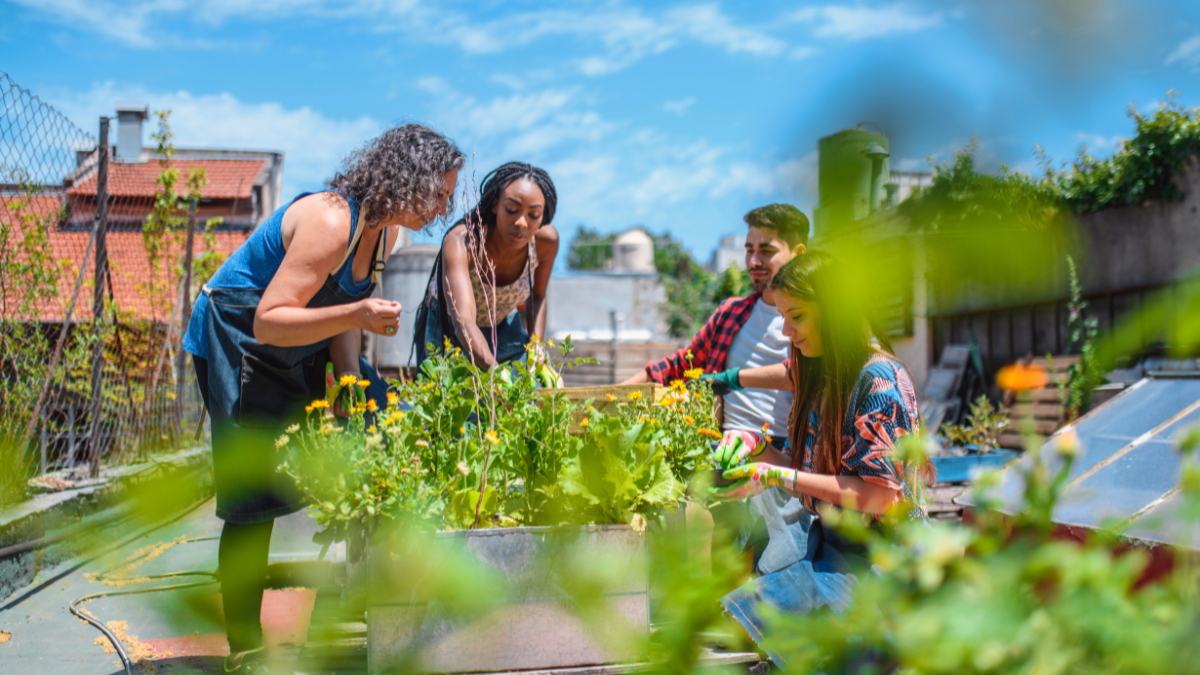In the past, friendships were often shaped by geography, shared neighborhoods, or local schools. People grew close to those they physically encountered in daily life, and proximity was the glue that held relationships together. Today, however, technology has redefined what community means. Remote communities, networks of people who may never meet in person, are now thriving across continents. These friendships without borders represent not only a shift in how people interact but also a new way of building support systems and shared experiences that transcend physical boundaries.
A New Dimension Of Social Connection
The digital age has expanded the definition of social interaction. With video calls, online forums, and social media platforms, individuals can share their lives in real time with friends across the globe. Remote communities provide a sense of belonging that many may not find in their immediate surroundings. A teenager in India can bond with someone in Canada over shared music tastes, while professionals from various countries can connect through niche online networks designed for collaboration and mutual growth.
The visual element has also played a role in making these communities feel closer and more personal. The popularity of visual representation on social media—from curated profile photos to creative displays of identity, has added depth to digital connections. For instance, something as simple as a girl photo dp instagram hidden face can spark curiosity and conversation, creating a sense of personality and mystery that fuels interaction within online groups.
Breaking Down Geographic Barriers
One of the most transformative aspects of remote communities is their ability to erase geographic limitations. A person no longer has to be restricted to friendships within their town or city. Communities of interest now thrive globally. Gamers, artists, entrepreneurs, and hobbyists alike come together in digital spaces where passion, rather than place, defines membership.
This borderless dynamic provides a lifeline for those who feel isolated in their immediate environment. Individuals from small towns, or those living in regions with fewer opportunities for certain interests, can find encouragement, mentorship, and camaraderie with people living halfway across the world. What once required physical travel can now be experienced with a simple click.
The Economic Layer Of Remote Communities
While friendships and support networks are at the core of remote communities, the economic potential behind them is significant. Many digital platforms also serve as hubs for professional networking and business development. Entrepreneurs, for example, use community-based online tools to promote their services or connect with potential clients. In this space, business listing directories in Australia and similar resources worldwide help businesses establish credibility and visibility across borders.
Remote communities often blur the line between personal and professional connections. A person may join a digital group to discuss a hobby but end up discovering professional opportunities through networking. These dual benefits make remote communities more than just spaces for casual interaction; they also foster collaboration that can lead to career advancement, new ventures, and entrepreneurial growth.

Shared Spaces For Creative Collaboration
One of the most fascinating features of online communities is their role as creative incubators. Writers, artists, and thought leaders find digital platforms to collaborate and share ideas. The concept of write for us opportunities exemplifies how communities encourage creative expression. Blogs and online magazines often open their doors to contributors worldwide, allowing individuals to share perspectives that resonate across cultures. This exchange of ideas enriches both the community and the contributors, creating friendships built on mutual appreciation of creativity.
The collaborative nature of these communities ensures that creativity is no longer confined by location. A writer in South Africa can co-create content with a designer in Japan, while receiving feedback from readers in the United States. Such projects showcase how remote communities thrive on diversity and global input.
Remote Communities And Lifestyle Aspirations
Beyond personal relationships and creative collaboration, online communities also influence lifestyle aspirations. Many platforms encourage individuals to share stories of success, daily routines, or milestones. The accessibility of information has made it easier for people to learn from others, whether about fitness, cooking, or financial planning.
In real estate, for example, individuals have embraced digital communities to explore property opportunities worldwide. The ability to list property for sale online has expanded not only markets but also communities of potential buyers and sellers who exchange insights and experiences. For many, these interactions go beyond transactions—they become part of ongoing discussions about lifestyle choices and investment strategies, creating long-term virtual connections.
The Role Of Knowledge Sharing
Knowledge is at the heart of many thriving online communities. People join groups not only for companionship but also to learn. From coding tutorials to photography tips, the exchange of expertise fuels the growth of both individuals and their communities. Platforms that encourage contributions, like guest post opportunities, ensure that knowledge continues to circulate. Contributors gain visibility and recognition, while readers benefit from diverse perspectives. In turn, these exchanges build lasting connections rooted in mutual learning.
The Future Of Remote Friendships
As technology continues to evolve, remote communities will only grow stronger. Advancements in virtual and augmented reality may make these friendships feel even more immersive, bridging the gap between online and offline experiences. While physical proximity will always hold unique value, the ability to connect, learn, and grow across borders highlights the adaptability of human connection.
Remote communities are not a replacement for local friendships but an expansion of what is possible. They represent the evolving definition of community in a world where connection is no longer bound by geography. Whether through shared hobbies, professional pursuits, or emotional support, these friendships without borders embody the resilience and creativity of people seeking to connect in meaningful ways.
